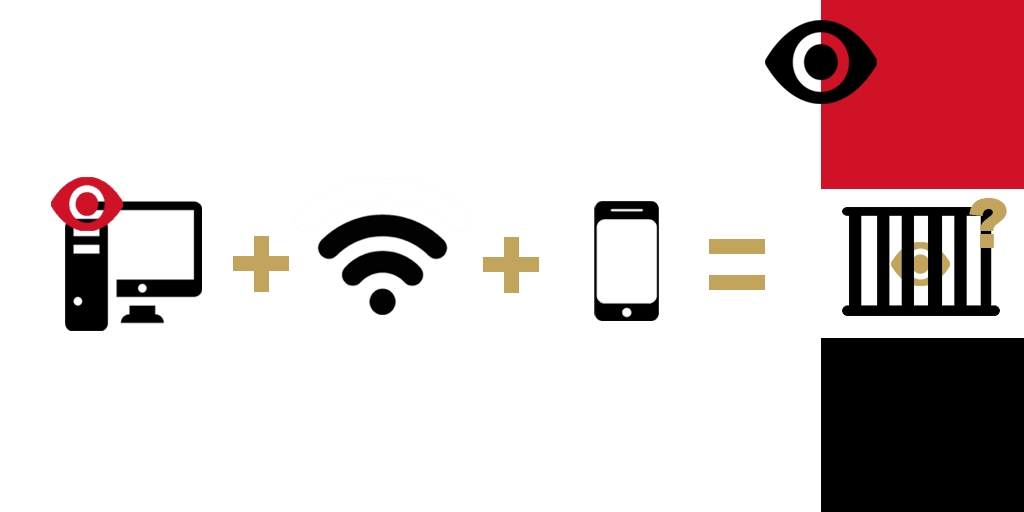Earlier this year, the Egyptian government passed a “cybercrime” law which provides new authority for online surveillance, blocking of websites, and monitoring of internet users and the use of communications services in Egypt. This is only the most recent in a series of laws passed since the current parliament was elected in 2015 that limit freedom of expression and association, clamp down on independent media and exchange of information, and further restrict space for civil society.
In Egypt, the threat of police surveillance, arrest, imprisonment, and even torture or death is very real for far too many people. Everyone from journalists to members of the LGBTQI community to high-profile activists to those simply trying to participate in democratic processes have been targeted for activities many people around the world are able to take for granted.
And this kind of “cybercrime” legislation — purportedly aimed at addressing increasing national security threats but which in practice undermines human rights — is spreading across the Middle East and North Africa (MENA) region and beyond.
Take the quiz below to see how your everyday online activities could put you at risk in Egypt, then share your results to help spread the word about these rising threats to free expression.
 |
This campaign is a collaboration between Access Now and the Association of Freedom of Thought and Expression (AFTE). |
